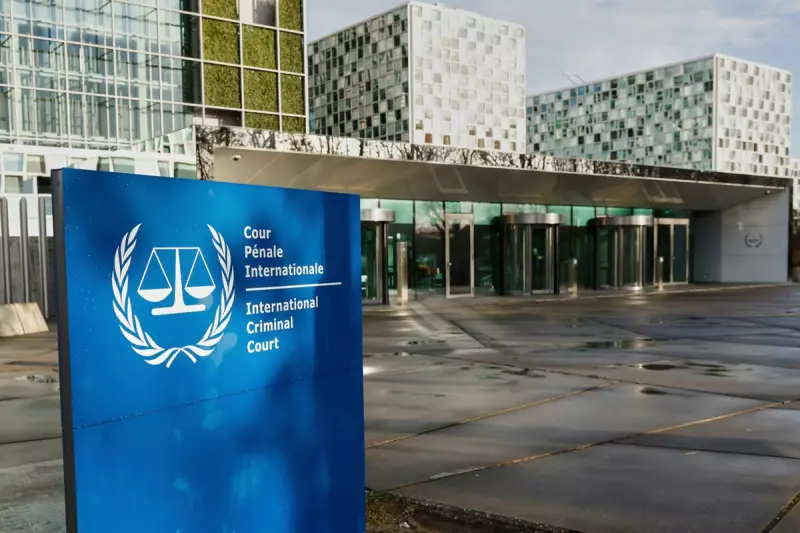
The International Criminal Court has intensified its scrutiny of former Philippine President Rodrigo Duterte's violent war on drugs, with investigators now focusing on his earlier tenure as mayor of Davao City.
Decades-Long Pattern of Violence
According to recent reports from The Independent, ICC representatives have been conducting interviews in the Netherlands with individuals connected to Duterte's anti-drug campaign. The investigation spans both his presidency and his 22-year period as Davao mayor, where similar tactics were allegedly employed.
Human rights organisations have long documented what they describe as systematic killings in Davao dating back to the late 1990s. These patterns appear to have been replicated on a national scale during Duterte's presidency from 2016 to 2022.
Mounting Evidence
Witness testimonies and documentary evidence gathered by the ICC suggest a coordinated campaign of extrajudicial killings targeting alleged drug offenders. The Philippine government's own records indicate over 6,000 deaths during police operations, though human rights groups estimate the true figure could exceed 30,000 when including vigilante-style murders.
Legal Battles and Political Resistance
The Philippine government, under current President Ferdinand Marcos Jr., has repeatedly stated it will not cooperate with the ICC investigation, arguing the country's judicial system is capable of handling such cases domestically.
"This investigation represents a crucial test for international justice," noted a human rights observer familiar with the proceedings. "The world is watching to see if powerful leaders can be held accountable for alleged crimes against their own citizens."
What Comes Next?
Legal experts suggest the ICC could potentially issue arrest warrants for Duterte and other officials if sufficient evidence of crimes against humanity is established. However, the practical challenges of enforcement remain significant given the Philippines' non-cooperation stance.
The investigation continues as affected families await justice for loved ones lost in one of the most controversial anti-drug campaigns in recent history.





